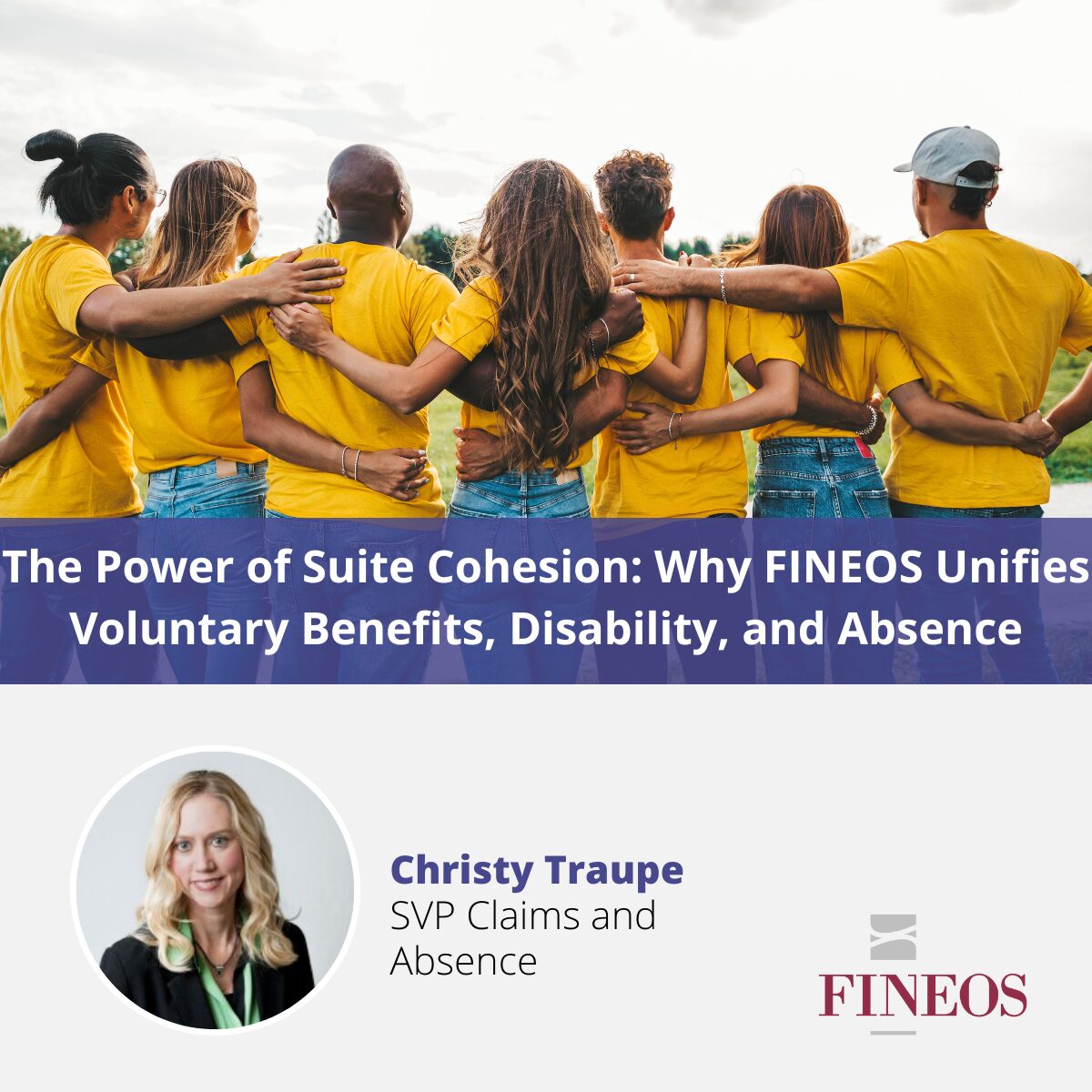On June 27, the Governor of California signed Senate Bill 83, authorizing an expansion of the California Paid Family Leave (CA PFL) program from the existing 6 weeks of benefits to 8 weeks of benefits, beginning July 1, 2020. Per existing law, the benefits are available:
- to care for a seriously ill child, spouse, parent, grandparent, grandchild, sibling, or domestic partner or
- to bond with a minor child within one year of the birth or placement of the child via foster care or adoption.
The bill goes on to state that expanding the program is designed to address the “goal of ensuring that newborns and newly adopted babies can be cared for by a parent or close family member for the first six months of their lives.” While the current expansion brings the benefit entitlement to eight weeks, the bill makes it clear that the intention is to expand the benefits to 12 weeks or three months per employee/parent for a total of six months for two parents bonding for a child. This larger potential expansion is aimed only at parents taking time off work to bond with a child.
The bill directs that by November 2019, the Office of the Governor, through consultation with a task force, will develop a proposal to increase paid family leave duration to six months by 2021-22, for parents to bond with their newborn or newly adopted child. The bill requires that the proposal assess and address “job protections for employees, wage replacement rates up to 90 percent for low wage workers and provide a plan to implement and fund expanded paid family leave benefits, as well as other findings and recommendations of interest.” Currently the CA PFL program does not provide job protection, and any such protection must come from other unpaid leave laws, such as California Family Rights Act or the federal Family and Medical Leave Act. Additionally, a 90% wage replacement rate would be an increase over the current rate of 60%-70%, depending upon income. This task force is directed to present its findings and observations to the Legislature by November 2019.
Employers with Voluntary plans should consult their plans to ensure compliance with the expanded entitlement by July 1, 2020. Additionally, employers operating in San Francisco should stay tuned to see if the city’s Paid Parental Leave Ordinance, which requires a top up of paid benefits for employees in the city, is impacted by the change.
FINEOS Absence has the versatility to administer California voluntary paid family leave and disability plans as well as track employees who file for their benefits with the state. FINEOS Absence ensures compliance with all federal, state and local paid and unpaid leave laws. For more information about CA PFL changes and other state paid family and medical leave laws, please visit us at www.fineos.com.


